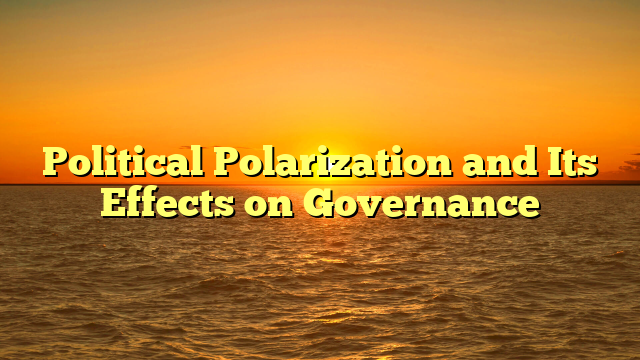Political polarization—deep divisions between opposing political ideologies—has intensified in many democracies. This divide affects policymaking, public Pokemon787 discourse, and social cohesion.
Polarization can lead to legislative gridlock, as parties struggle to compromise. Policy decisions may be delayed or watered down, impacting sectors like healthcare, education, and infrastructure. Polarization also affects electoral behavior, fostering loyalty to party lines over pragmatic solutions.
Media and social networks exacerbate polarization. Algorithm-driven content often reinforces preexisting beliefs, creating echo chambers that reduce exposure to diverse viewpoints. This dynamic fuels mistrust and hostility between political groups.
Despite challenges, polarization can also mobilize civic engagement. Citizens may become more active in advocacy, voter turnout, and community organizing, pushing governments to respond to public demands.
In conclusion, political polarization has both risks and potential benefits. Addressing it requires promoting dialogue, critical thinking, and institutional mechanisms that encourage compromise and collaboration.


